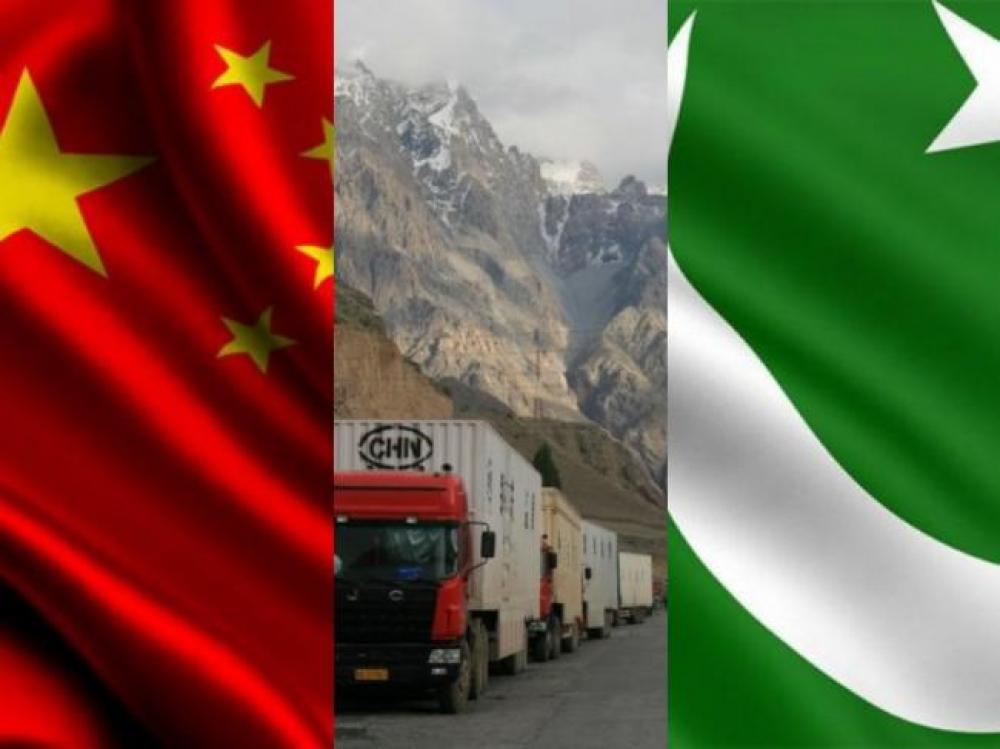Just Earth News | @justearthnews | 20 Jan 2021

Islamabad: The annual bilateral summit of the China-Pakistan Economic Corridor (CPEC) has been delayed amid serious disagreement between the all-weather ally over the Belt and Road Initiative, hinting a probable break in the relationship, media reports said.
The Joint Cooperation Committee (JCC) is CPEC's principal decision-making body. It is jointly chaired by Pakistan's minister for planning, development and special initiatives and the vice chairman of China's National Development and Reform Commission, reportsNikkei Asia.
The first meeting was held in 2013.
The last was hosted in 2019.
The 2020 version of the meet was postponed amid COVID-19 outbreak.
Initially, the COVID-19 pandemic was the reason, but later disagreements between the two countries over the Main Line 1 (ML-1) railway project and special economic zones became the main points of disagreement, Nikkei Asia has learned from informed sources.
Asad Umar, Pakistan's minister for planning, development and special initiatives, told local media in November that the 10th JCC would be held the following month. However, officials in the Planning Commission of Pakistan, who asked not to be named, recently told Nikkei that the meeting will not take place for at least three months -- by far the longest JCC gap to date, the news portal reported.
ML-1 is the largest CPEC project and worth $6.8 billion. China is expected to lend $6 billion of this, which Pakistan wants to borrow at a concessional interest rate of less than 3%.
"China is reluctant to lend money for ML-1 because Pakistan has already sought debt relief to meet G-20 lending conditions and it is not in a position to give sovereign guarantees," Nasir Jamal, a senior journalist in Lahore covering business and the economy, told Nikkei. He said Beijing's appetite for lending money for large infrastructure projects has diminished because these projects are vulnerable to local politics that delay returns on investment for China. That has hindered agreement on the finance framework for ML-1.